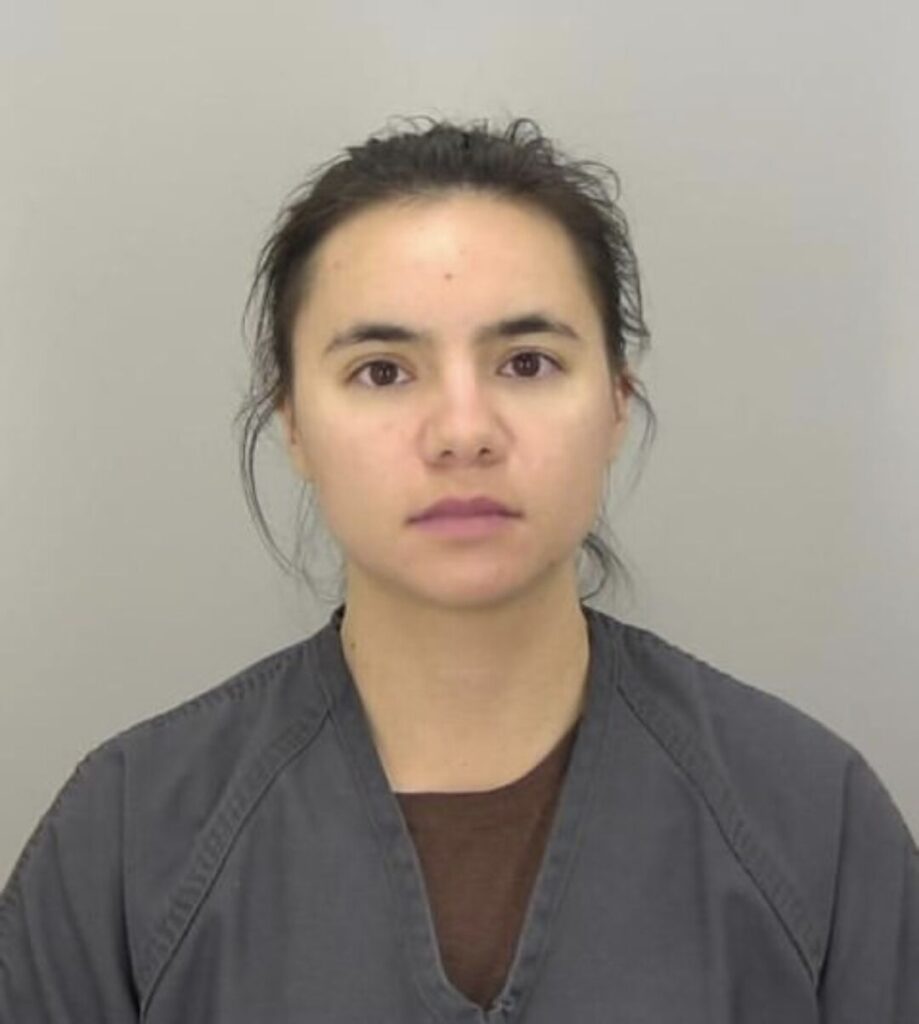Federal judge dismisses lawsuit over detainee’s suicide in La Junta
A federal judge agreed last week that various law enforcement and medical defendants had not violated the rights of a suicidal man who died unattended in a holding cell of the La Junta Police Department.
The surviving son and daughter of Glyn Hart filed suit over their father’s 2021 death. They advanced claims under federal and state law seeking to hold liable the doctor who cleared Hart for release, the hospital where Hart was seen, the arresting officer, the police chief and the city itself.
But in a March 19 order, U.S. District Court Judge Daniel D. Domenico found the defendants were not liable under the U.S. Constitution or federal law, as there was no evidence the government’s policies were blind to the safety of suicidal detainees.
“Plaintiffs in these cases must meet the very difficult burden of showing not just that the City could have done more, and not even that the City knew it could do more,” he wrote. “Plaintiffs must show that the City knew that without doing more (whether it comes to training, enforcing policies, staffing, or facilities) its employees were likely to deprive citizens of their constitutional rights.”
In dismissing the case, however, Domenico suggested some of the plaintiffs’ claims under Colorado law — including negligence and state constitutional violations — “may have some merit.” Therefore, he permitted those to be refiled in state court.
The attorney for the plaintiffs told Colorado Politics he anticipates pursuing the state law claims further.
On Nov. 1, 2021, Hart was intoxicated and driving to a lake to attempt suicide, but he crashed his vehicle into another parked vehicle. Lt. Mitch Zgorzynski responded to arrest Hart. However, Zgorzynski first took Hart to the Arkansas Valley Regional Medical Center so he could be cleared for the jail.
James Brady was the doctor who evaluated Hart and indicated Hart was able to be booked into jail. He told Zgorzynski to watch Hart and to bring him back for an evaluation when he became sober. Brady also advised contacting a mental health center “if suicidal ideation persists.”
Before Hart could be taken to the Otero County Jail, Zgorzynski stopped by the La Junta Holding Facility, which had one cell for Hart. Based on their conversation after leaving the hospital, Zgorzynski did not sense Hart was still suicidal. He left Hart alone to complete his paperwork and allowed Hart to keep his hooded sweatshirt.
While unattended and unmonitored, Hart extracted the drawstring from his hoodie, tied it to the cell bars and hung himself.
The police chief requested that the Prowers County Sheriff’s Office conduct an investigation. The investigators concluded Zgorzynski violated departmental policy by failing to take away Hart’s hoodie and by not checking on him every 15 minutes. The department demoted Zgorzynski as a consequence.
Hart’s children argued the city’s inadequate policies and training were responsible for their father’s death, and that Zgorzynski’s actions violated the Colorado Constitution. They also contended Brady was negligent in discharging Hart and that the hospital violated the federal Emergency Medical Treatment and Labor Act (EMTALA).
The defendants moved to resolve the case in their favor without a trial. The medical defendants also pointed their finger at the law enforcement defendants for causing Hart’s death. Domenico addressed only the claims made under federal law, finding for the defendants each time.
For the EMTALA claim, Domenico noted Congress passed the 1986 law to prevent facilities from “dumping” uninsured patients onto other hospitals without stabilizing them first. The question was whether Hart was “stable” at the time he was discharged.
“Had the hospital simply released Mr. Hart and sent him off on his own (‘patient-dumping’), or had it sent him back to police custody without informing them of his suicidal ideations, then it might be said that his condition was likely to deteriorate. But that is not what the undisputed facts show,” said Domenico.
Because Brady could not do a full evaluation on Hart due to his intoxication, and because the doctor gave instructions to Zgorzynski about next steps, Domenico could not say Hart was discharged without regard to his stabilization.
“In hindsight, it is obvious everyone should have done more,” Domenico wrote.
As for the city’s liability, Domenico noted the police department did have policies in place to mitigate risk to detainees, even if Zgorzynski did not follow some of them that night. Moreover, there had been two other suicide attempts at the jail that were averted in recent years.
“In sum, the City had no reason to believe its policies and practices were likely to lead to a successful suicide attempt,” he wrote. “Tragic as it is, the law does not permit application of hindsight to cases such as this.”
The case is Hart et al. v. City of La Junta.
If you or someone you know is experiencing suicidal thoughts or a crisis, call 844-493-TALK (8255) or text “TALK” to 38255 or call or text 988.













